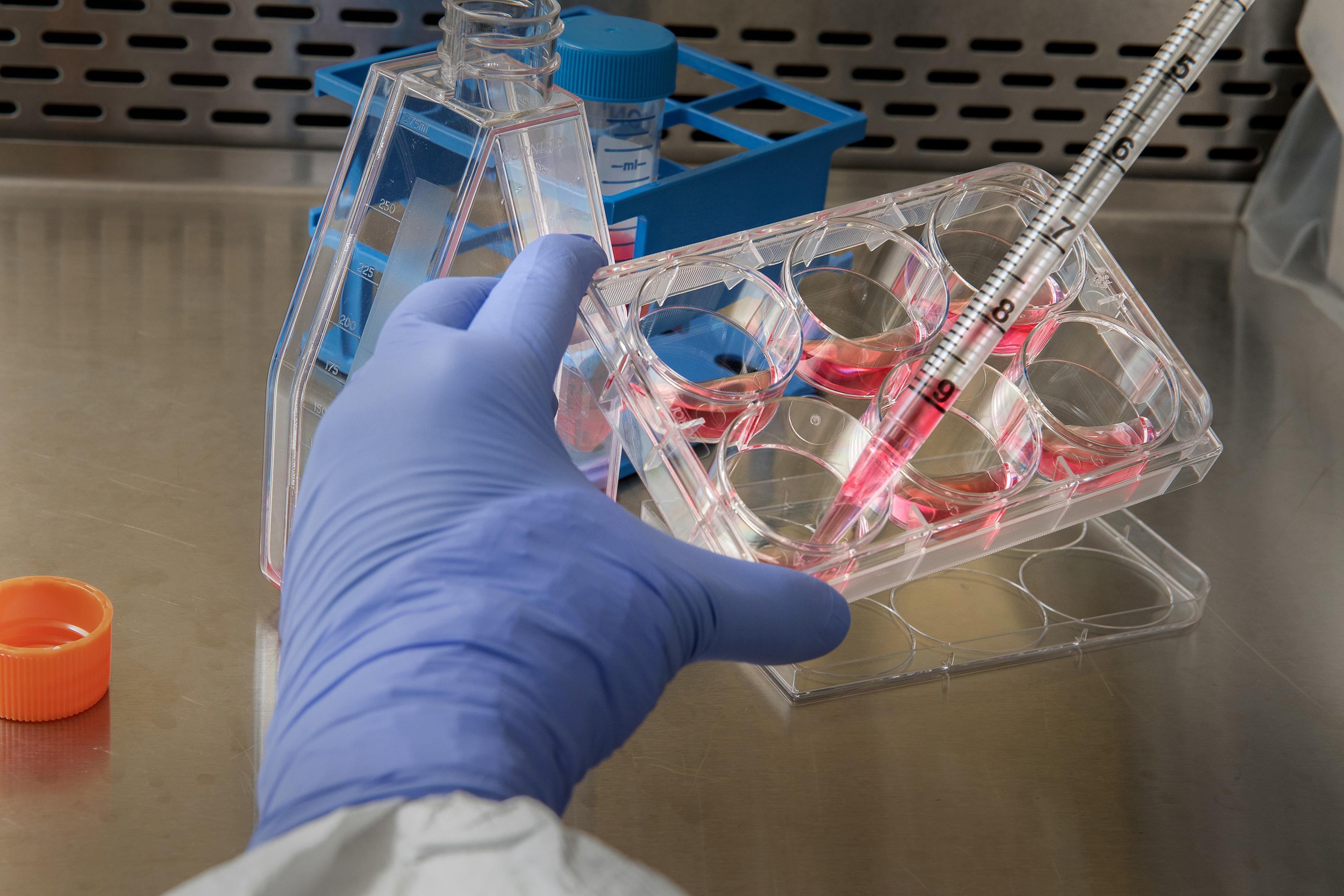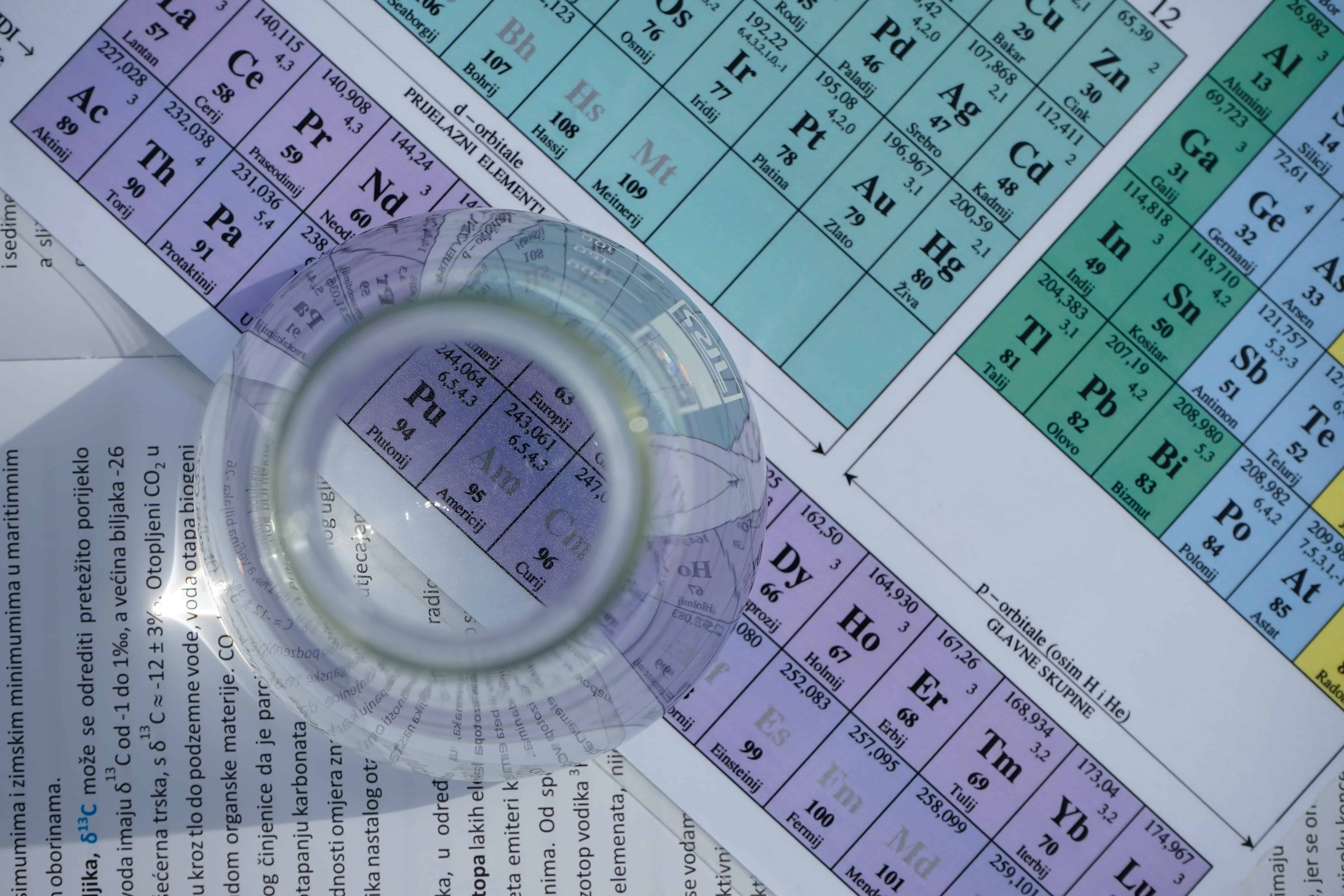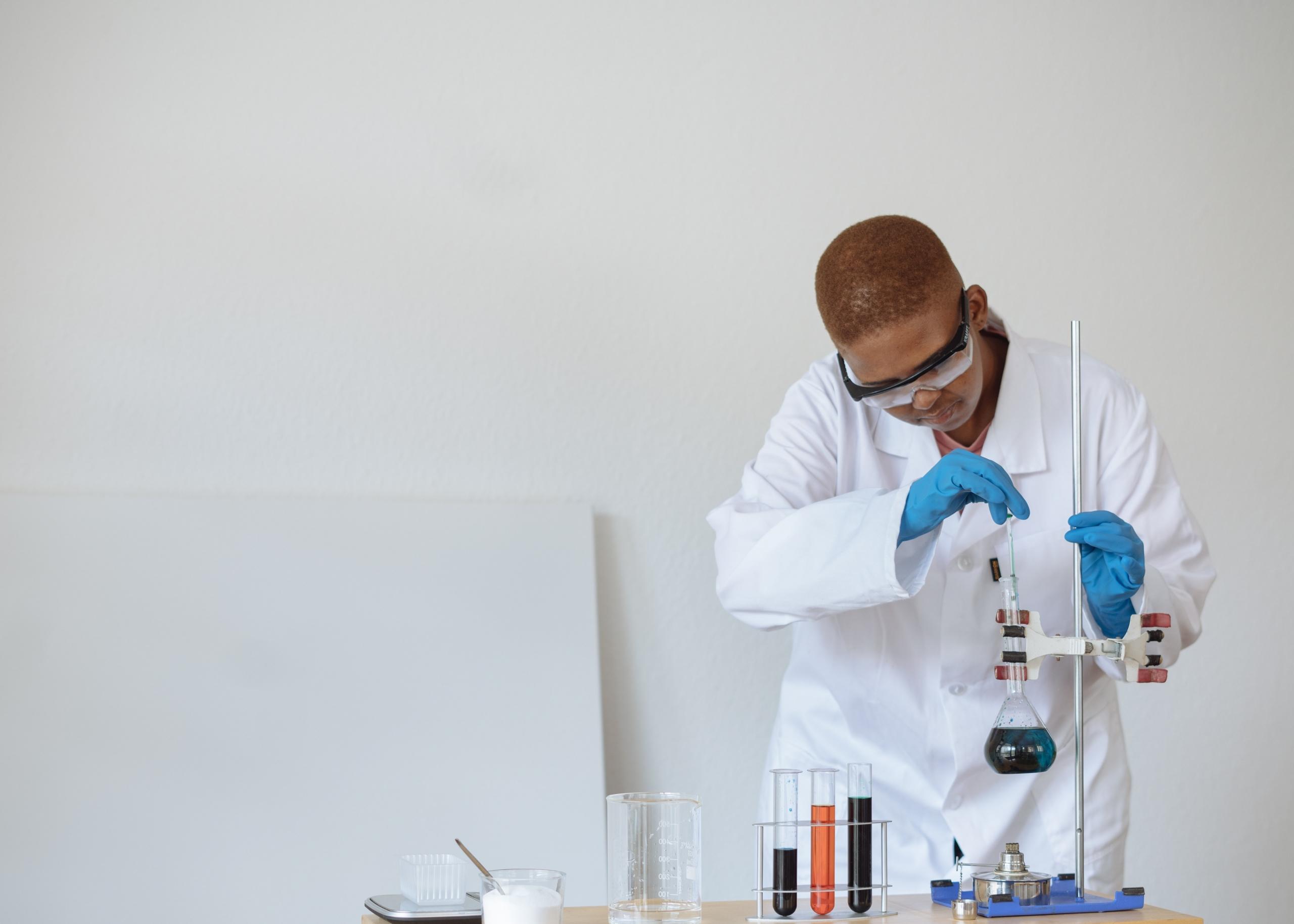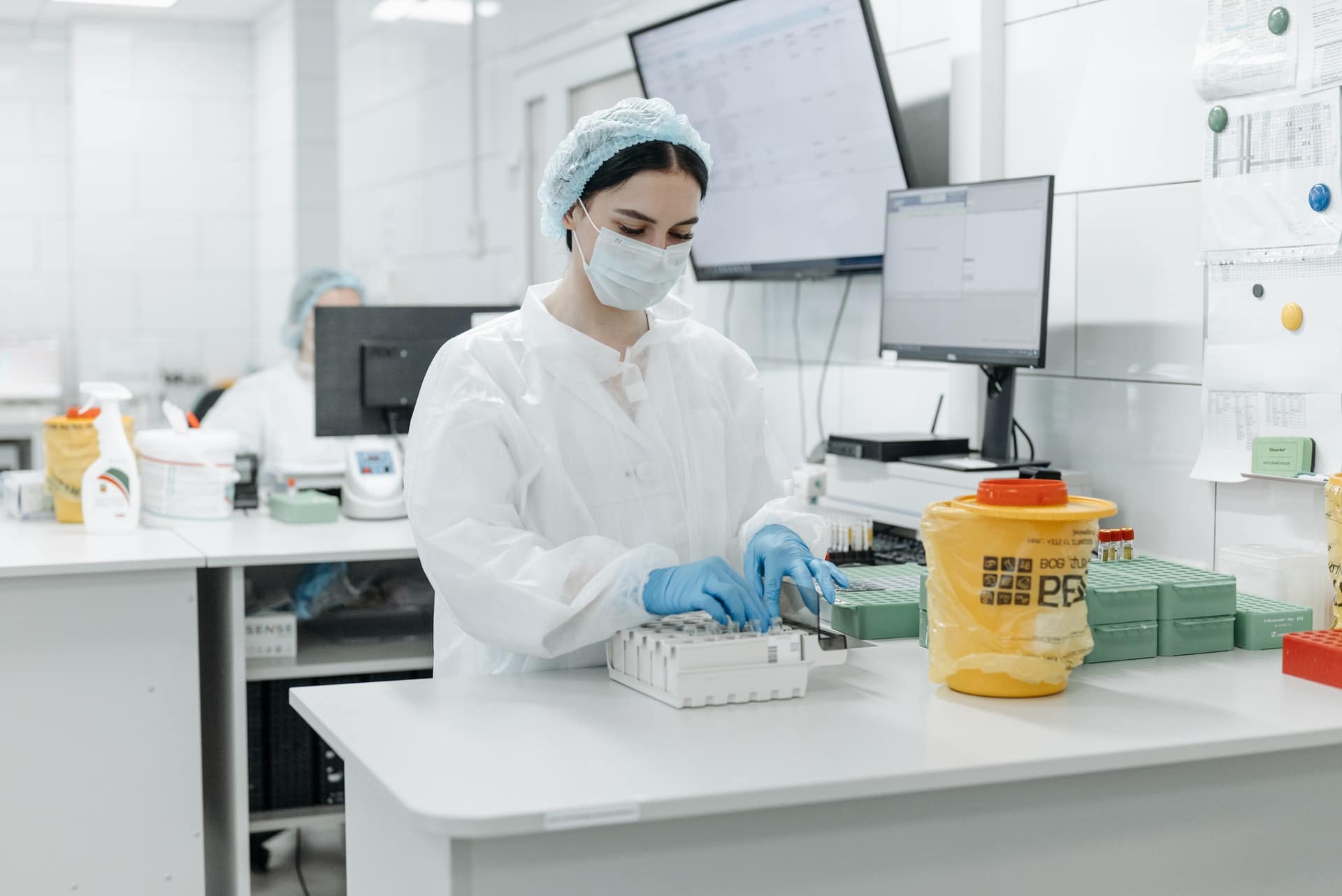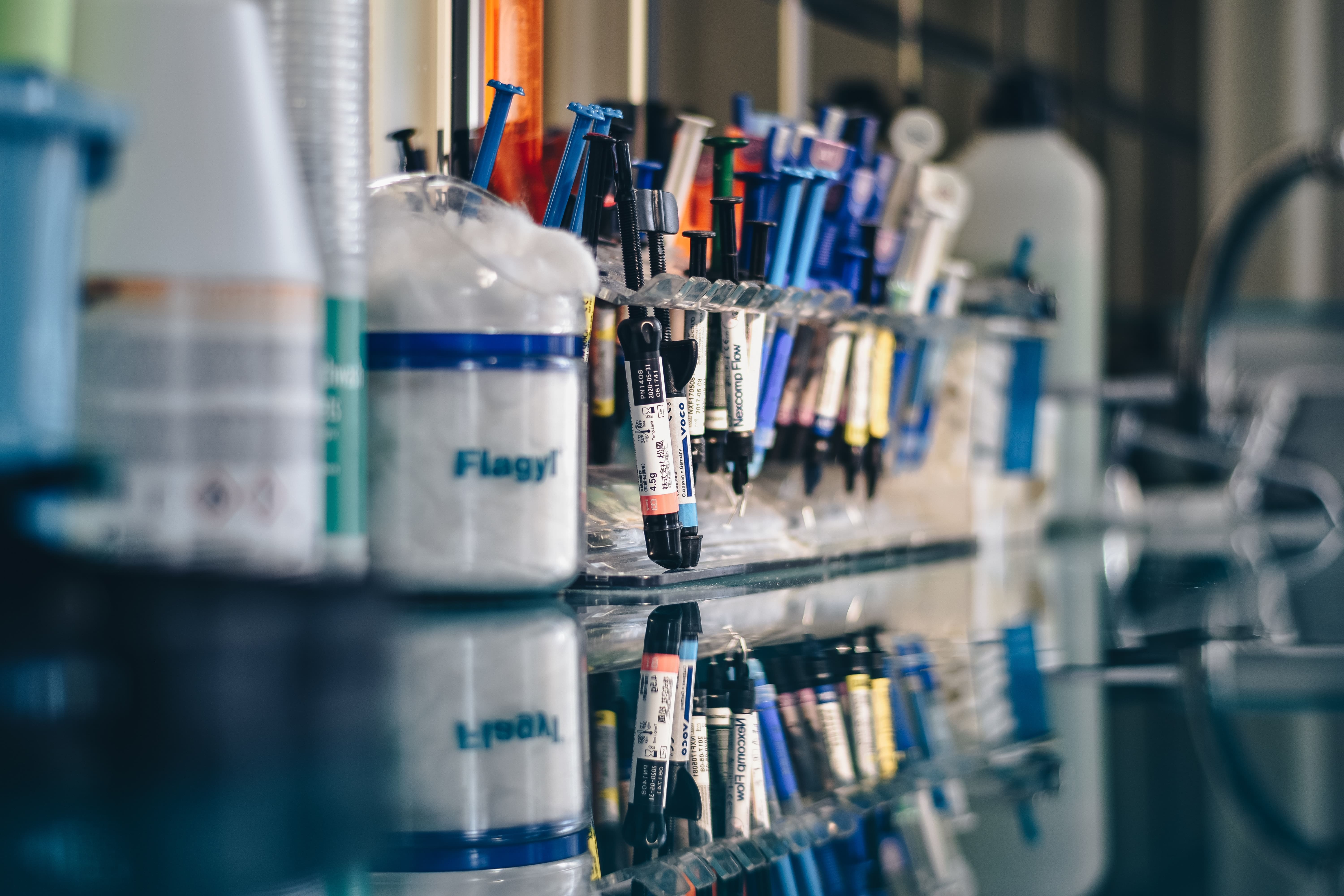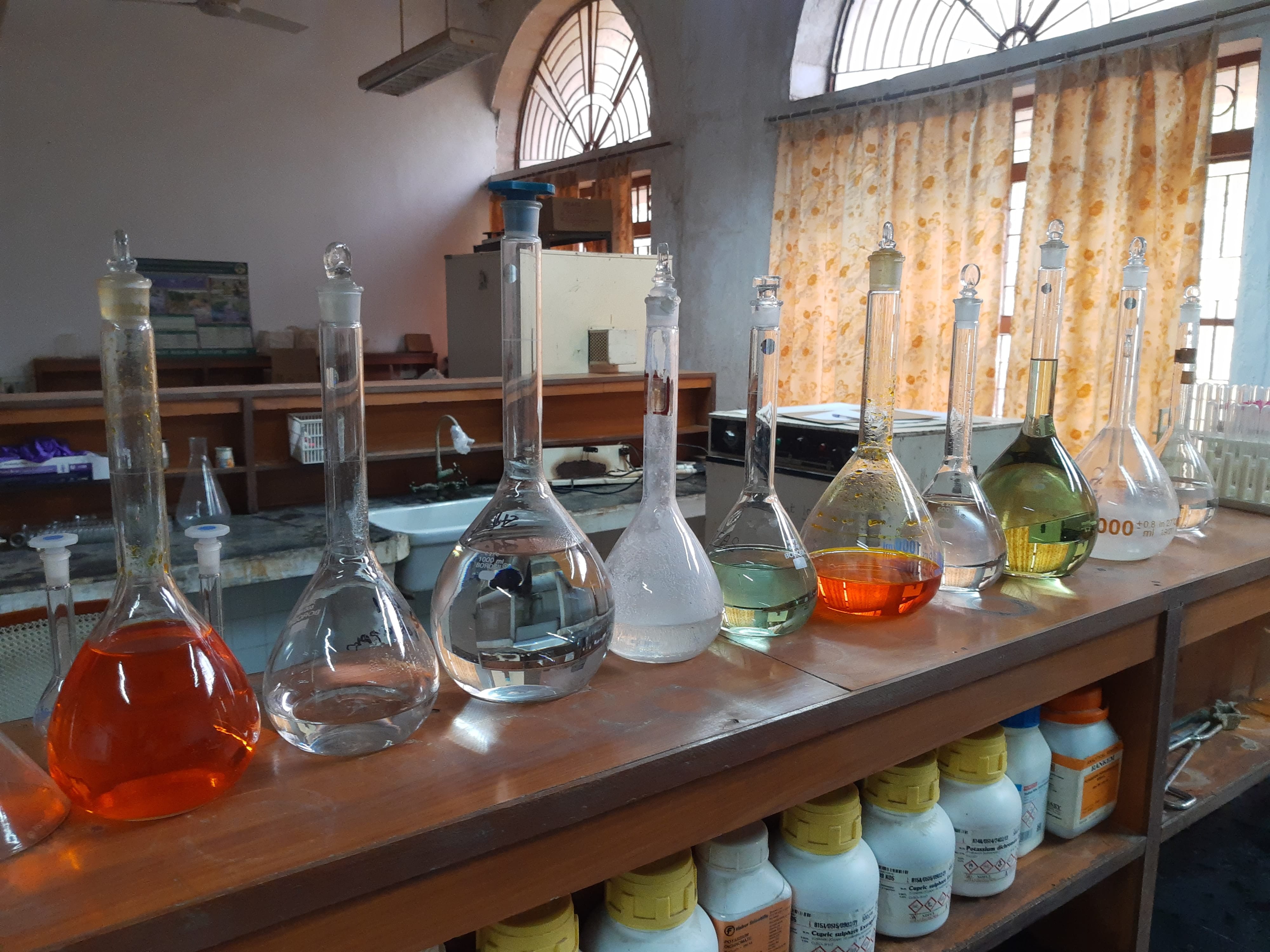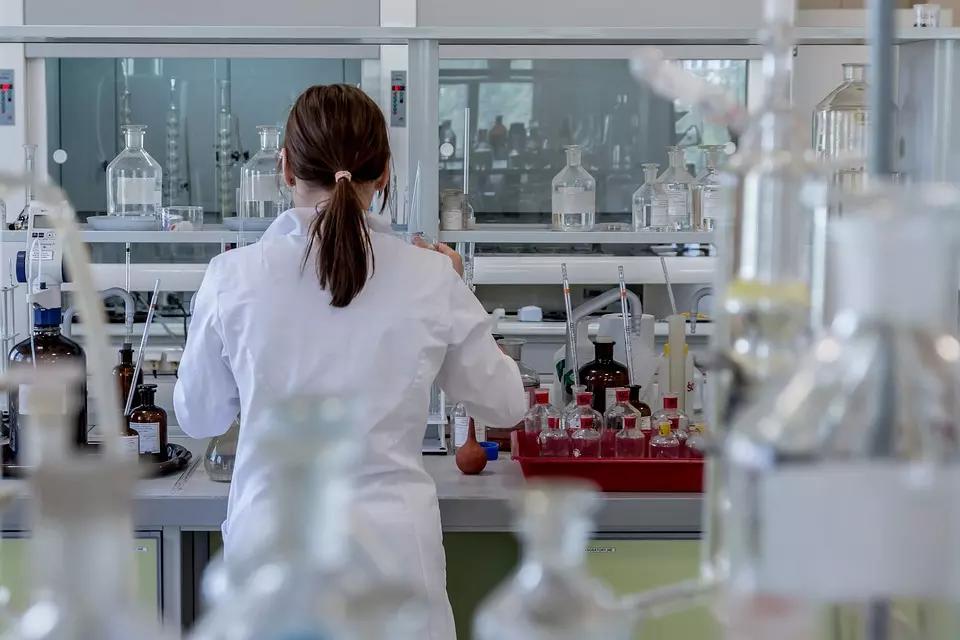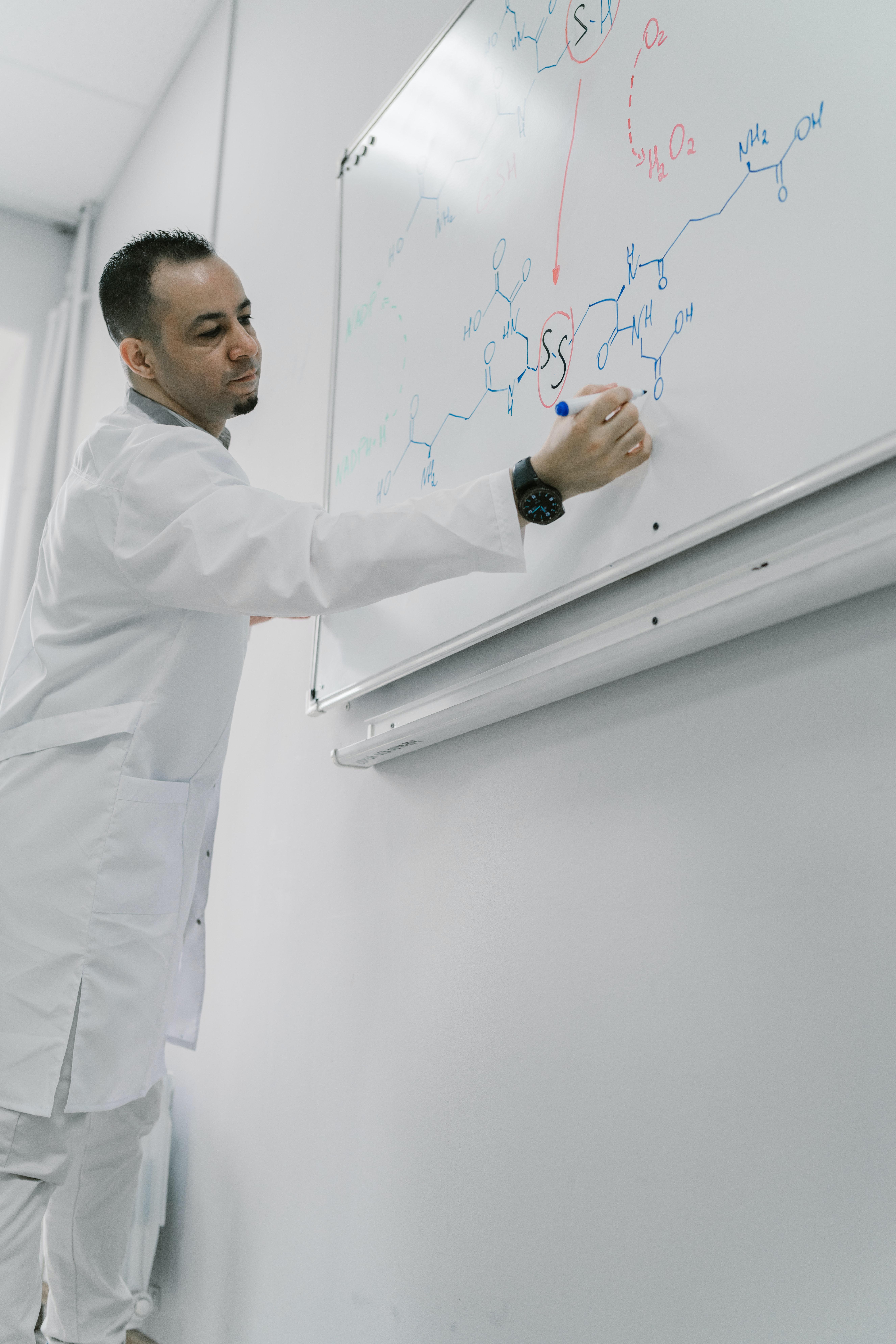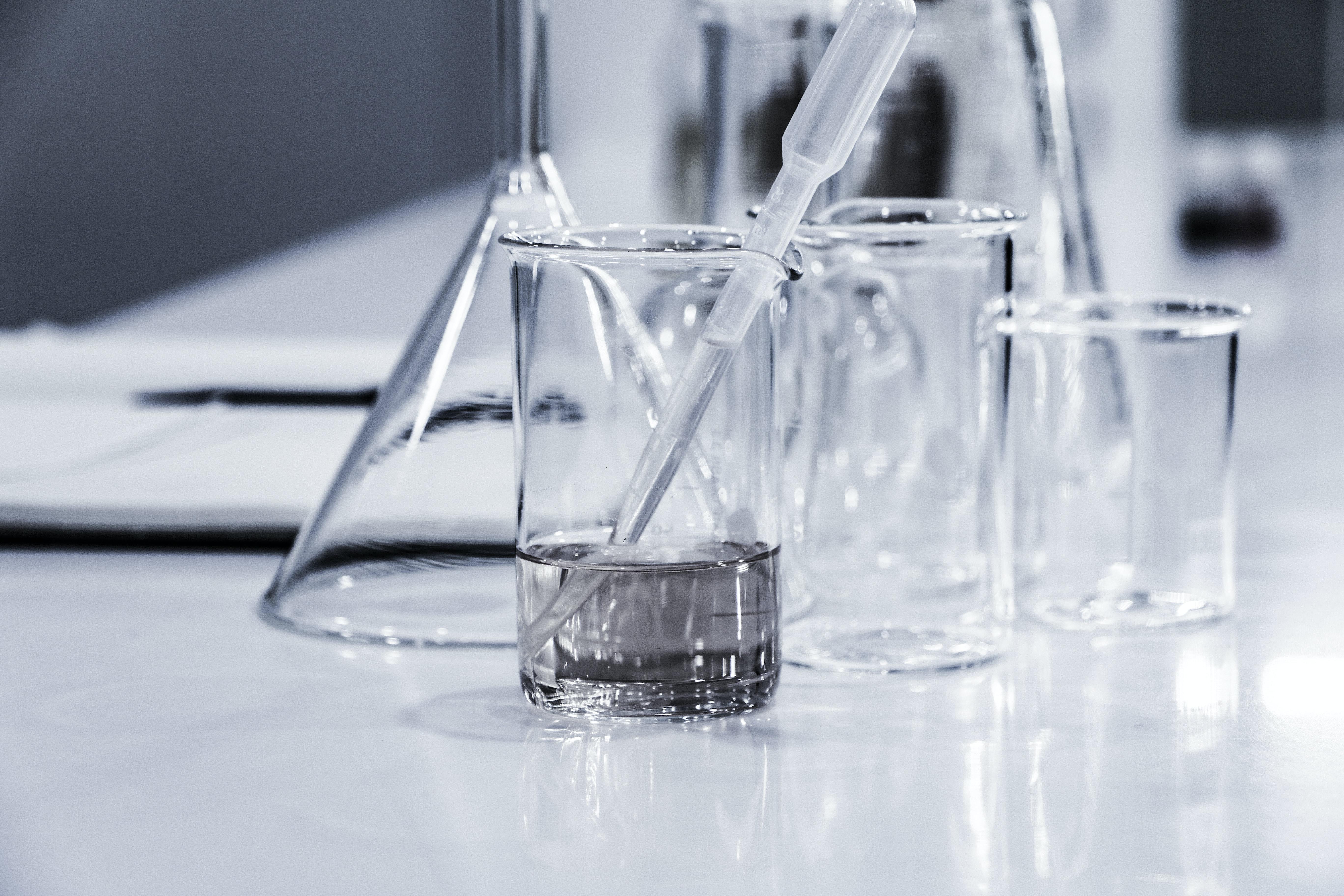

Let's get started with Chemistry!
Chemistry is a fascinating science that involves practically everything that surrounds us. It is the science that studies all the properties and composition of matter and energy and the reactions and dynamics they undergo. Chemistry is applied in all fields of our daily life, and its study has revolutionized our modern world in unimagined ways.
If you wonder what chemistry has done for us, then probably more than you can imagine. For example, the development of drugs such as antibiotics could be one of the most important contributions. We can say that today we have more life expectancy than during the Middle Ages thanks to chemistry. Also, today you have electricity, transportation, and even heating thanks to nuclear energy, and even solar energy, both resulting from the study of chemistry. Now you can thank science for your hot coffee every morning.
Another very important contribution of chemistry is in agriculture. Due to the use of fertilizers, today we are witnessing a great revolution in the food industry. Thanks to them, plants can incorporate nutrients rich in nitrogen and phosphorus to survive, in addition to avoiding damage caused by pests. Chemistry has also contributed enormously to technological development since the manufacture of conductive materials and synthetic fibers have allowed the evolution of a technological era.
Impressive right? Chemistry is all-over-the-place, and more in our daily life. Hundreds of chemical reactions happen when, for example, you cook an egg and toast your bread for breakfast, then during the digestion process, and after, when you take an antacid to avoid upsetting your stomach. Are you eager to learn more about everyday chemical reactions? Let's check them out together!
- Crying for onions: onions are a vegetable composed of amino acid sulfoxide molecules. When we cut it, we break the cell walls inside it, releasing these compounds, as well as the enzymes that degrade them. This results in the production of sulfenic acids, which are irritating to the eyes. In this case, the onion is to blame.
- How soap works: Soaps and detergents have a polar (i.e. water-loving or hydrophilic) part attached to a non-polar (water-repelling or hydrophobic) aliphatic chain, which gives them the ability to form micelles. Micelles are particles that form a sphere composed of water-soluble substances and carry substances within them. These micelles can trap dirt to remove it from our dishes, clothes, and our bodies. Now, do you understand how your bubble bath works?
- Phase changes: When you boil water to cook or prepare your morning coffee or tea to cope with the winter cold, a phase change between liquid and carbonated water occurs. Something very similar to the natural water cycle in nature.
- Old books that smell good: Paper is made of cellulose, which gradually decomposes over time. This decomposition process causes the yellowing of the leaves and a very peculiar smell. If you have old books in your house, now you know why they can even smell like vanilla. And I thought that wonderful smell was just my imagination!
- Decomposition of organic matter: the decomposition of food or beings that are no longer alive is caused by oxidation reactions produced by bacteria. These bacteria degrade macromolecules into nitrites, nitrates, CO2, and water. We are dust, and to dust, we shall return.
- LCDs: These displays contain crystal molecules that can orient themselves according to the electrical signal and change the hue and color. Each crystal molecule is a pixel. The more crystal molecules there are, the higher and better the resolution.
Here is where you can find chemistry tutor in Greater Sudbury
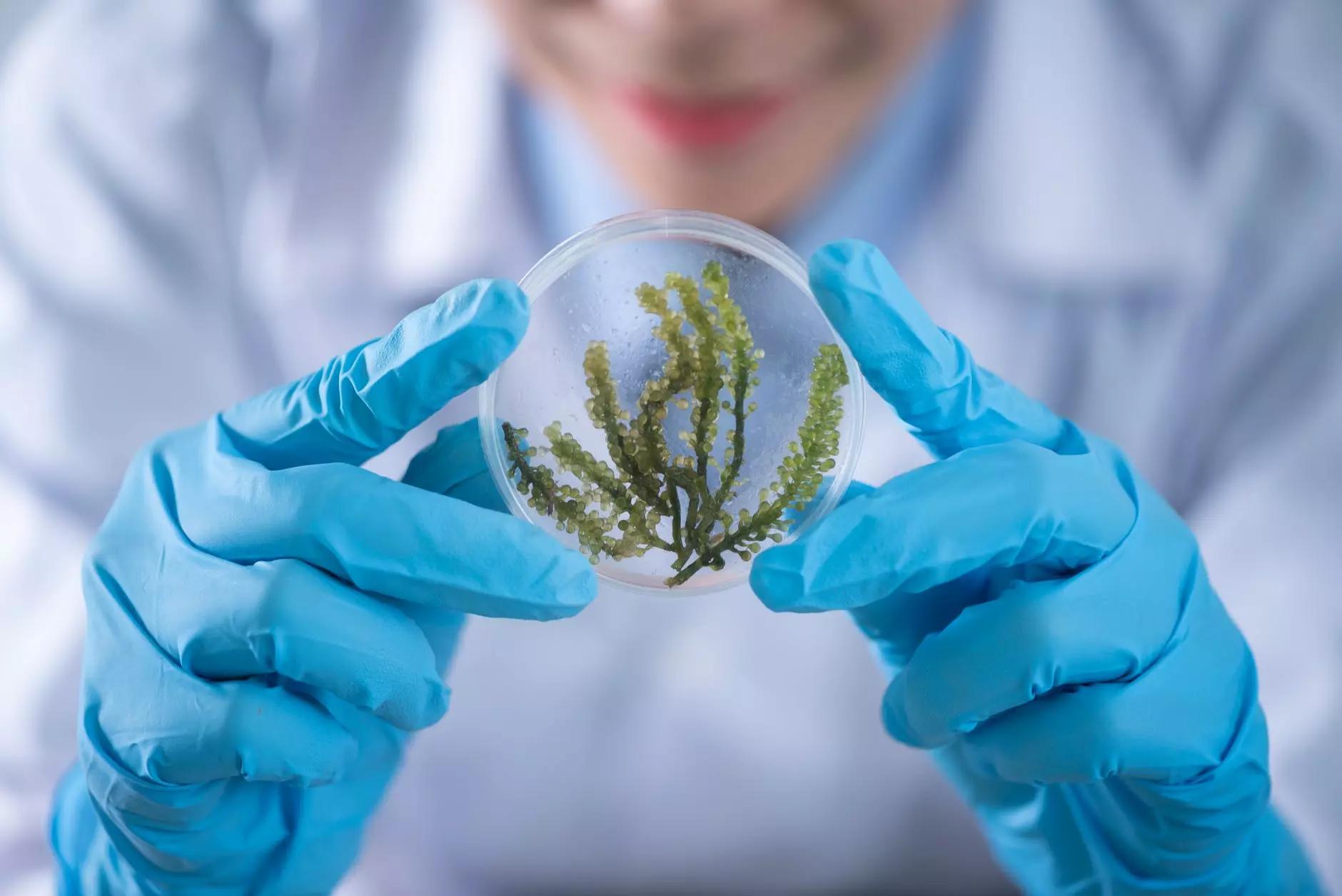
As you noticed, we can practically summarise that EVERYTHING is chemistry, and thanks to its study and knowledge, we are witnessing great industrial breakthroughs. It is considered one of the sciences with the greatest impact in history.
So, if you are struggling with a chemistry assignment at school right now, and you often worry about how complex this subject can be, it's time to take action. You always have the option of extra school support to give this marvelous science a second chance. Chemistry is one of the most challenging subjects for Canadian students, but it only takes some effort, dedication, and motivation to succeed. Who knows, you could be the next Nobel winner!
Ready to play a game? Try to link the chemical formula with its correct concept. These are chemical reactions that we see every day, nothing out of the ordinary. (It's not an exam, no worries!):
You can find out about chemistry tutor in Kelowna here.
| Chemical reaction | Formula | Correct Match | |
| 1 | Photosynthesis | C6H12O6 → 2C3H6O3 + Energy (2ATP) | |
| 2 | Beer | 6CO2+ 6H2O + hν → C6H12O6 + 6O2 | |
| 3 | Breathing | C2 H3 O5 N | |
| 4 | Caffeine in your latte | C8H10N4O2 | |
| 5 | Bagel | CH3 CH2 OH |
Complex? Maybe a little bit. It could be tough to get the correct answers for those not used to this chemical terminology (we are in the same boat here!). The reality is that everything in the universe can be represented through a chemical formula, everything. Good guidance could be the key to clearing your path towards knowledge. Bring out the brilliant scientist inside you!
Let's have a quick review of fundamental topics of chemistry. Ready to fall in love with this science together with us?
The Basic Concepts of Chemistry
Let's take a quick look at some of the most general chemistry concepts you have to understand, as well as fun facts about them that we are sure are going to blow your mind. Where do we start? You guessed it right: the periodic table of the elements!
- What is the Periodic Table?
Of course, you have seen the periodic table of the elements in every chemistry lab you have been to since none is complete without it. But what is it for? The periodic table represents all the chemical elements that exist so far, which are arranged according to their physical properties. Although it has 118 chemical elements today, various experiments arise the possibility to add more due to the new artificially synthesized.
The periodic table is ordered according to each element reactivity, from the least to the most reactive, as well as their atomic numbers. It was designed by the Russian chemist Dmitri Mendeleev, and first published in 1869. Later, it was reorganized according to the physicist Henry Moseley and Moseley's law. And nowadays, it continues to be modified even in a three-dimensional configuration.
Did you know that there are elements that have a limited lifespan? Moscovium (Mc), for example, is an extremely radioactive element with a half-life of 0.7 seconds.
You can find chemistry tutors in Calgary here.

- What's up with the Chemical Reactions?
This is what happens when you accidentally burn your bagel, breathe in, strike a match, and do just about anything. The study of chemical reactions is fundamental, and one of the subjects that can also trigger most headaches for students. The definition of a chemical reaction is very simple and refers to the bond-breaking between the atoms, forming new ones. They are generally made up of two parts. The initial substance (or reactant) and the resulting substance (also known as product). When a chemical reaction happens, the molecular structure of the original substance is affected making it irreversible. For example, decomposition is a process of chemical reactions that, once they begin, cannot be reversed, unless scientific advances allow us to do so in the future. It would be crazy!
- Mastering Acids and Bases!
We are pretty sure that during your general chemistry classes, you have come across acids and bases. These are two different types of substances that are complete opposites (just like you and your crush). And if you do not have much knowledge about them, you have probably used them in your daily life. Lemons and vinegar are ubiquitous acids, for example, and if you've ever washed your hands with soap or used bleach to clean your sink, well these are also ordinary bases.
According to the theory, an acid is a substance capable of giving protons (H +) to another chemical substance. On the contrary, a base captures protons (H +) from another one. Both have different concentrations of hydrogen ions (H +), or pH (hydrogen potential). The pH is the one that determines their acidity or basicity (alkalinity). A neutral pH will always be 7. If the number is higher, it refers to a base, and lower, to an acid.
For more details on this topic, see our article on the most important concepts in chemistry or look for the glossary of essential chemistry terminology! Get to know all about chemistry!
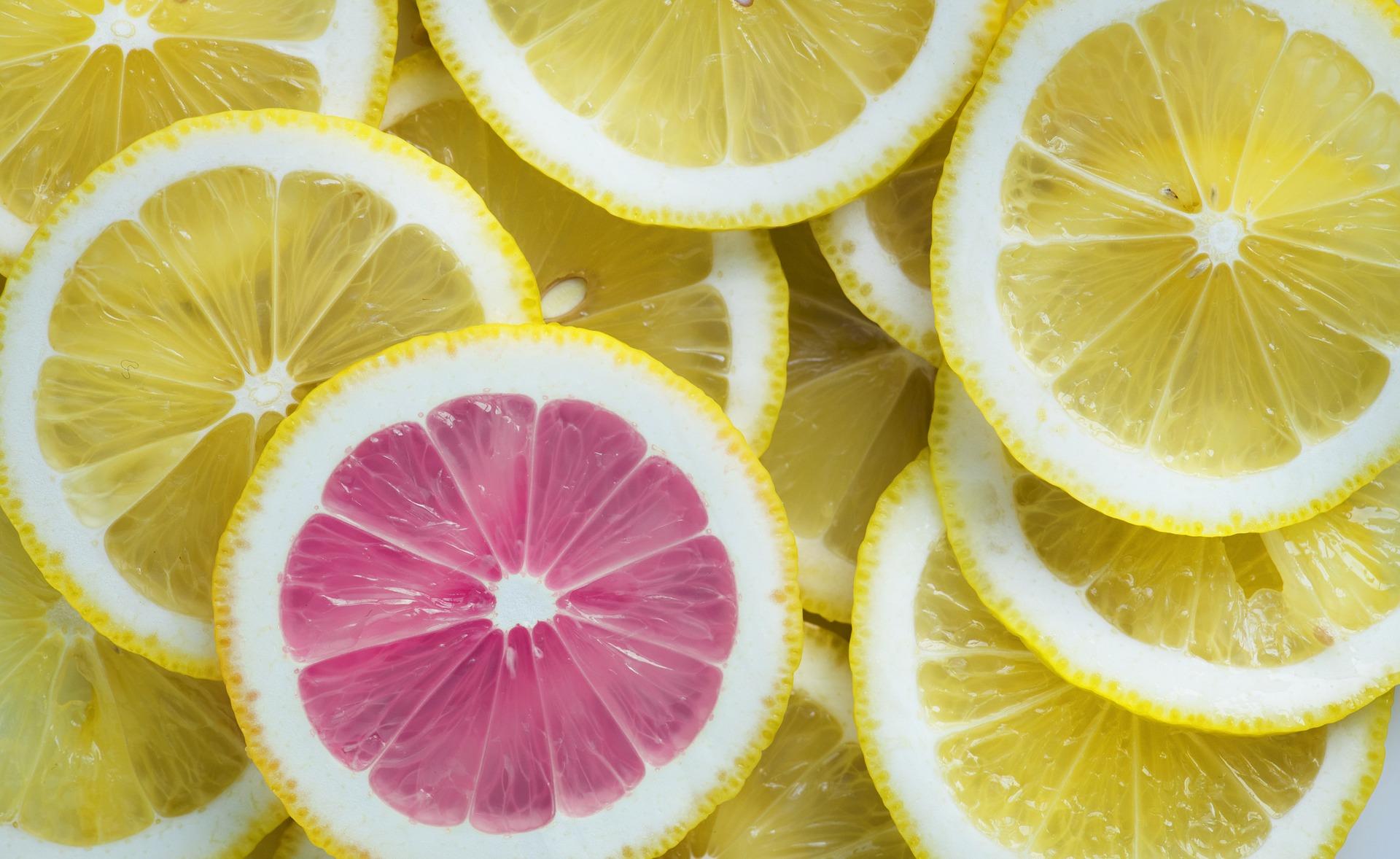
Chemistry Facts to Blow Your Mind!
For your curiosity, we have compiled a shortlist of chemical fun facts! However, if you are interested in digging deeper into the most amazing facts about chemistry click here!
Chemistry is much more than a subject you have to pass in school and much more than the inexplicable equations in your notebook. So you probably won't be too surprised to hear that Coca-Cola and fireworks are chemistry inventions (and that their stories are pretty amazing!).
- In 1886, the pharmacist John S. Pemberton was working with a syrup destined to be medicinal and natural water (and which formula remains secret). However, Pemberton accidentally mixed the compound with carbonated water, resulting in a delicious tasting drink, which would become the world-famous Coca-Cola we know today.
- The origins of fireworks and the birth of pyrotechnics originated in China thousands of years ago. Their invention is said to have been caused by an accident when a cook mixed charcoal, sulfuric acid, and nitro, causing the bamboo pod where they were stored to explode.
- Did you know that with all the carbon that the human body contains, more than ten thousand pencils could be manufactured ?! Well, these are all chemistry, and it's mind-blowing!
- Do you know who is considered the mother of modern chemistry? If you had in mind Marie-Anne Pierrette Paulze, better known as Marie Lavoisier, you are correct. Among her most important contributions to science are combustion studies, and nothing more and nothing less than the discovery of oxygen! A total genius!
If you are interested in delving into famous chemists, such as Lavoisier, Dalton, Berzelius, Mendeleev, and Nobel, you have to know that they will surely inspire you. From the eighteenth century, all these people were busy doing tons of thinking, writing, and experimentations to understand all the phenomena around us. The contributions they made to science have been astounding. Here you’ll find the most striking facts on some of the most life-changing scientists and their chemical discoveries! Also, use the link here to check out who these people were, and who the most significant chemists of all time have been.

What are the benefits of studying chemistry online?
Nowadays, thanks to all the technology available to us, it has become easier to study chemistry or any other science that crosses your mind as physics, engineering, and biology, among others, from the comfort of your room. You no longer have an excuse not to become that expert scientist in chemistry! You can even put up your erupting volcano without stepping foot in a lab. All you need is a good internet connection, a computer, and some videos and tutorials to start discovering the fantastic world of chemistry from anywhere in Canada. From Victoria to Goose Bay, there are learning opportunities for everybody.
Traditional face-to-face education will always have tons of advantages, such as dynamic classes with more students, predetermined class schedules, and teamwork. However, e-learning can also provide you with many learning options. Studying online will give you flexibility, access to different study methods, better planning of your classes, and even more affordable virtual tools.
Online education in Canada has become increasingly popular over the past few years among the younger generations looking for new academic training and extra school support. If you are looking to brush up on those complex chemistry topics, you can always take the time to access tutorials, virtual libraries, and online exercises to practice. Give it a try!

Best online chemistry courses in Canada
Next, we will show you a list of virtual resources that you can access to go through your chemistry topics, where you can find free courses in food chemistry up to analytical chemistry, and more. Learning chemistry can be easily achieved through online learning whenever you want!
- StuDocu: StuDocu is a website where you can find great study material to practice chemistry, millions of virtual documents, and the possibility of studying anywhere anytime.
- Khan Academy: With Khan Academy, you can find great learning material to study all about chemistry, from the atomic structure and properties, chemical reactions to applications of thermodynamics, and also test the skills you have acquired.
- Coursera: On Coursera, you can find hundreds of online chemistry courses from recognized universities, which can be free, or pay for a certificate of specialization at the end of the course.
- EdX: EdX is a platform for massive open online courses (MOOC). Here the courses are also free, except if you want to get a certification at the end. These online courses are also offered by recognized universities from all around the world.
- Udemy: On Udemy you can find a wide range of online courses to practice the basic principles of chemistry to courses to prepare yourself for college levels. In this online platform, you will find many free courses or choose the payment options.
However, if you are looking for a slightly more personalized learning option, keep reading and find an online chemistry tutor here now!
What about looking for a private chemistry tutor?
You can learn anything online. However, if you are having difficulties with chemistry it is always advisable to go hand in hand with an expert, such as a private chemistry tutor. You will see that private tutoring will provide you with many advantages for your learning, and you can always complement your study with your favorite virtual tools. Are you ready to become a master of analytical chemistry? Of course, you are!
So, what are the advantages of having a chemistry tutor? More than you might imagine! The benefits of having a chemistry tutor and private lessons are:
- The flexibility tutoring can give you. It will be easier for you to prioritize the topics you want to study, set a study schedule that suits you both, and modify it when required.
- Access reliable study tools. If you are interested in understanding the chemical reactions to excel at school, with the help of your private teacher you will access the best virtual tools to practice. The internet offers us many virtual sites and platforms, but if we have no idea how to identify the ideal ones for our study, we can run into unsafe pages and information.
- Learning is faster. Having a private tutor can help you make the learning process faster since you and your teacher will design a study plan that addresses the priority topics to study, which are generally the most difficult ones. Setting study goals and celebrating them will also contribute to better reinforcement of knowledge.
- Individual and unique learning experience. The student receives specialized attention. This is one of the most valued advantages of private tutoring. With many classmates, it is easy for the teacher to overlook the needs of each student. However, it is the responsibility of the student to seek extra school support if there are any academic difficulties. There is nothing better than a long-term, personal approach, easily obtained through private tutoring.
- Boost your confidence. Traditional classes often have the disadvantage of applying only one learning style, making us feel like fish out of water many times. Private tutoring is designed for students to learn at their own pace; developing their skills and confidence. We are sure this will be shown in your school marks!
- Improve your working and study habits. Through private tutoring, students learn to be more organized and have better study habits, getting to enjoy the session. Who said that learning couldn't be fun and dynamic?

Where to find the best chemistry tutor in Canada?
If you made up your mind, and you are ready to get the best marks in chemistry with the support of your ideal private tutor, give it a try with Superprof!
Superprof is a study platform where you can find your perfect pair to excel in Chemistry. At the official Superprof Canada website, you will find the best experts and reliable chemistry tutors ready to provide you with the most personalized attention tailored to your needs. All you need to do is organize your weekly yoga lessons and your private chemistry classes! Are you ready?! Go!
Another great advantage of Superprof is that the platform offers as many courses as you are interested in, not only in chemistry. You can also take a course in maths, English, Spanish, guitar, painting classes, even sewing or whatever you want, as you will have access to the best tutors near you! Either you decide to go for online lessons or face-to-face classes, dare to find the best tutor with Superprof!
And how does it works? Go to our official Superprof website, and enter the subject you want to learn, such as chemistry, inorganic chemistry, or environmental chemistry. For example, you can check for organic chemistry courses offered online here! To get better results, do not forget to enter your address or the region where you live. Here your postal code matter no more! You will have more than 1800 tutors throughout Canada that teach chemistry.
On the Superprof platform, it is possible to verify the profile of each tutor, their educational and professional background, and their specializations. In addition, you can look through all the reviews that other students have written about each of them, and compare their hourly rates, to choose the most convenient for you.
Moreover, do not be demotivated by your level! Here you can choose from basic chemistry lessons for beginners to Master's degree subjects, and it is free to create your profile! If you are looking for the best educational experience, take the plunge and find the best online chemistry teacher on Superprof!
Are you ready to find your perfect match? All you need is chemistry! (OK folks, bad joke alert!).

Et voila! Here we leave you the correct answers! We couldn't leave without you having them!
| Chemical reaction | Formula | Correct Match | |
| 1 | Photosynthesis | C6H12O6 → 2C3H6O3 + Energy (2ATP) | 3 |
| 2 | Beer | 6CO2+ 6H2O + hν → C6H12O6 + 6O2 | 1 |
| 3 | Breathing | C2 H3 O5 N | 5 |
| 4 | Caffeine in your latte | C8H10N4O2 | 4 |
| 5 | Bagel | CH3 CH2 OH | 2 |
See you soon with Superprof!
Summarize with AI:

